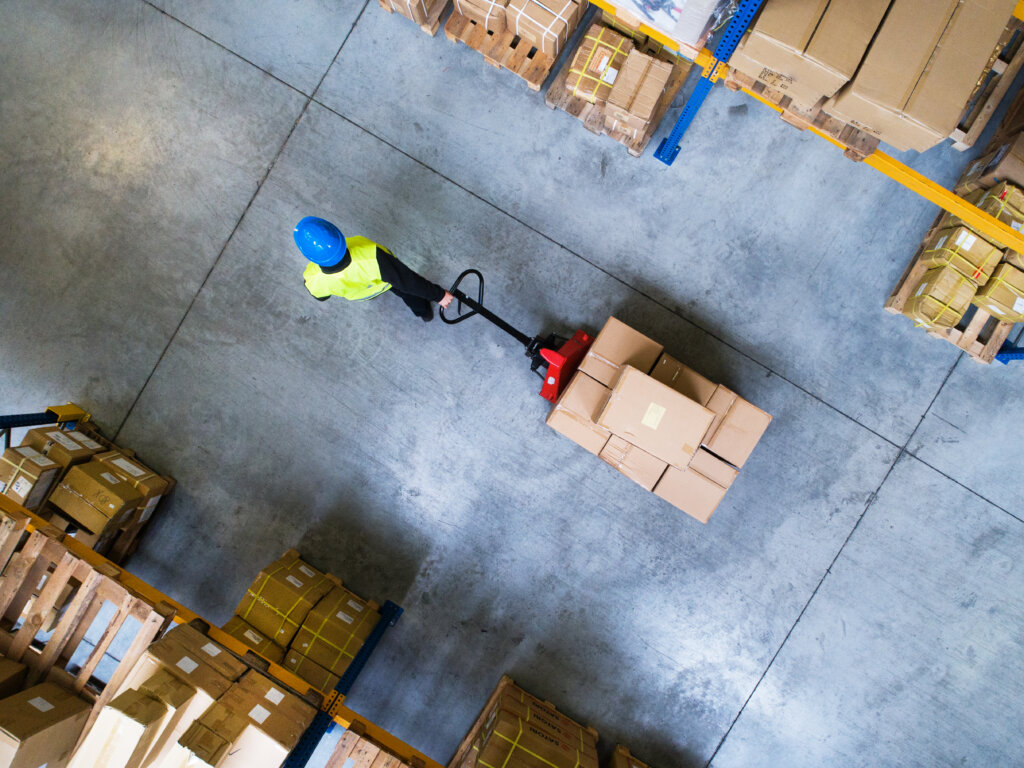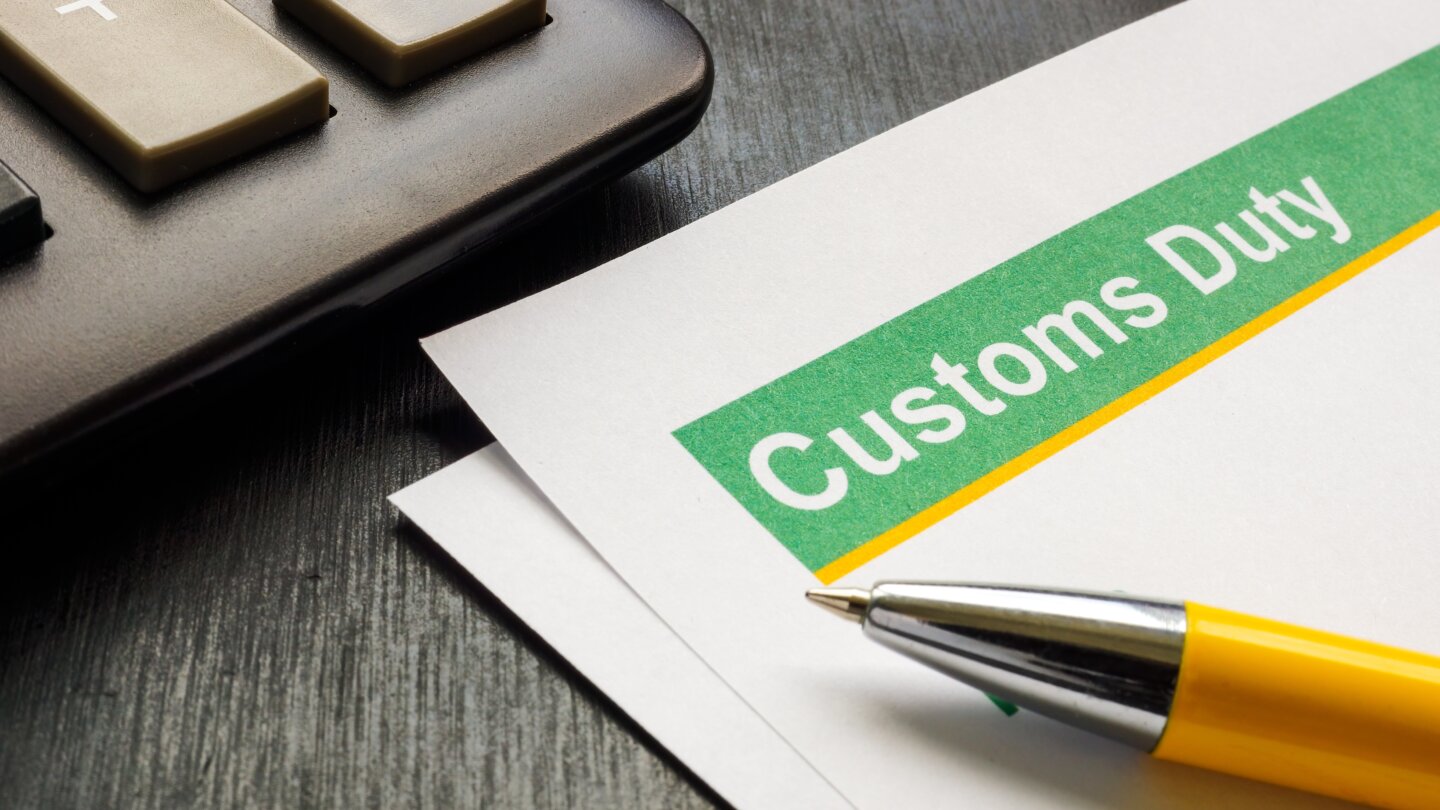Something to declare? How ‘Special Procedures’ can save you money on import duties
Navigating the complex world of international trade can be an expensive endeavor for businesses of all sizes, thanks, in part, to the duty costs on imported goods. Depending on the products’ value, type, and origin, charges range from just a few dollars to a substantial portion of their price. As a result, organizations can end up spending a considerable amount of time analyzing the duty rates of their target markets and investigating potential trade agreements or preferential arrangements to optimize their supply chains just to remain competitive. Fluctuating trade policies and geopolitical developments add an extra layer of uncertainty, making it challenging to forecast import costs accurately.
These headaches can push companies towards third-party brokers that will handle the process for them in exchange for less than a hundred dollars per consignment. Brokers are experts paid to be aware of the ‘Special Procedures’ put in place by each country.
What are ‘Special Procedures’?
Special Procedures are duty regimes that allow you to store, temporarily use, process, or repair your goods and get either suspension, partial, or complete relief from import duty. They are designed to simplify trade movements across borders, working to promote international trade and foreign investment.
Types of Special Procedures include Inward and Outward Processing Relief (IP and OP), where import tax benefits are applied to goods that are temporarily imported to or exported from a country for processing or manufacturing purposes. There is also Customs Warehousing (CW), where goods can be stored in a customs warehouse without the need to pay customs duties or taxes until they are released for sale in the local market or re-exported.

Source: Shutterstock
By leveraging such procedures, a business can optimize cash flow, reduce upfront costs, and strengthen its position in international trade by strategically managing customs duty liabilities. However, doing so without the help of a customs broker is no mean feat.
The rules and regulations governing Special Procedures can be complex and vary from country to country, and it can be easy to slip into compliance traps which result in penalties, delays, and additional costs. Staying up to date with the latest procedures is also time-consuming, as they can evolve over time due to trade agreements, geopolitical developments, or policy changes. Indeed, to have Special Procedures authorized, a company needs to report its customs movements to ensure the traceability of the goods, which can be cumbersome without specialized tools.
Using a broker can save businesses time and effort as they will seek out cost-saving opportunities through Special Procedures on a client’s behalf, ensure proper compliance, and reduce the risk of errors. But the economic costs can make this option unfeasible in the long-term. Regardless, it’s a slow solution that doesn’t scale and keeps much valuable business data away from the declarant.
It’s also common that a broker will only be conversant with procedures in some of the countries where declarations have to be lodged. For the remainder, further brokers need to be sourced, leading to a complex web of contacts that’s difficult to manage.
However, recent technological developments in automation have created an alternative that may be preferable.
Automating customs management
Customs management platforms automate tasks such as data entry, classification, and document preparation, simplifying the customs declaration process. These solutions often provide real-time updates on trade regulations, ensuring businesses stay informed and up-to-date. Embracing such technology allows companies to tap into the benefits of Special Procedures without the need for outside expertise.

Source: Shutterstock
A leading cloud-based customs clearance platform is the Customs Accounting System, or CAS, from Customs4trade (C4T). CAS automatically standardizes and consolidates customs data from different countries with varying requirements in a centralized platform. This allows businesses to simultaneously file export declarations in the country of departure and create import declarations in the destination country using a single message.
With built-in compliance, CAS keeps legal content up-to-date, safeguarding customs management from legislative changes. CAS adheres to global standards set by the World Customs Organization (WCO) and the Universal Customs Code (UCC), ensuring widespread acceptance. Its powerful visibility and analytics tools grant users real-time insights into customs compliance data, facilitating informed decision-making.
The digital solution for Special Procedures
Gaining authorization for Special Procedures, and reaping the associated benefits, requires advanced administration capabilities. These include real-time records of stock balances and the ability to produce detailed reports for customs authorities.
CAS’ native-cloud solution has a dedicated Special Procedures module which monitors inventory and produces the reports and declarations required to demonstrate administrative and regulatory compliance. The stock records necessary for authorization are compiled by combining data from customs declarations with movements received directly from the company’s ERP or WMS source system. Equivalent information for processed products can also be tracked using data extracted from Bills of Materials or Production Orders.
The CAS Special Procedures module allows the user to benefit from automation. By automatically selecting stock records, suggesting the suitable customs procedure to fulfill the authorization, and initiating the required declaration, it streamlines the entire customs compliance process. Moreover, it optimizes operations by automating the selection of duty-advantaged free goods, or bonded goods, resulting in cost savings and increased profits.
Car manufacturer Honda is one of many recognizable brands that have adopted CAS and have been able to take advantage of cost-saving opportunities provided by Special Procedures. The UK’s exit from the EU resulted in increased duty costs which can be avoided with Special Procedures authorizations. Rather than taking on the huge administrative workload required to qualify for these benefits, Honda implemented IP and CW through CAS. This enabled it to calculate duties based on origin and final destination rather than paying full duty on materials sourced from other countries and processed in its plants for export.
With CAS’s automation, Honda streamlined customs declarations, ensuring real-time processing of car parts and maintaining maximum production efficiency. The Special Procedures module allows Honda to track customs stock movements, optimize duty costs, and stay compliant with reporting requirements.
To learn more about how your business can benefit from Customs Special Procedures, download the Insiders’ Guide from Customs4trade.









